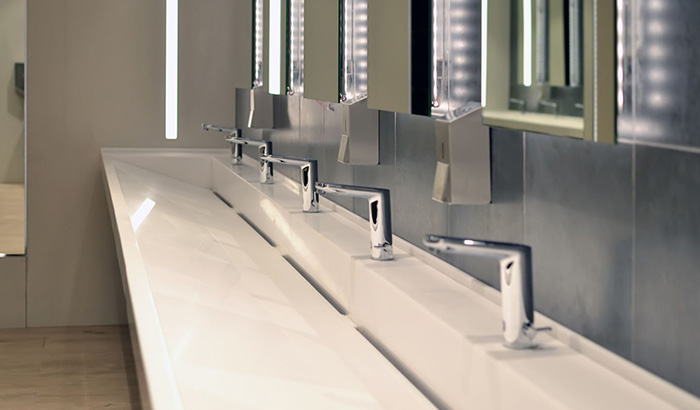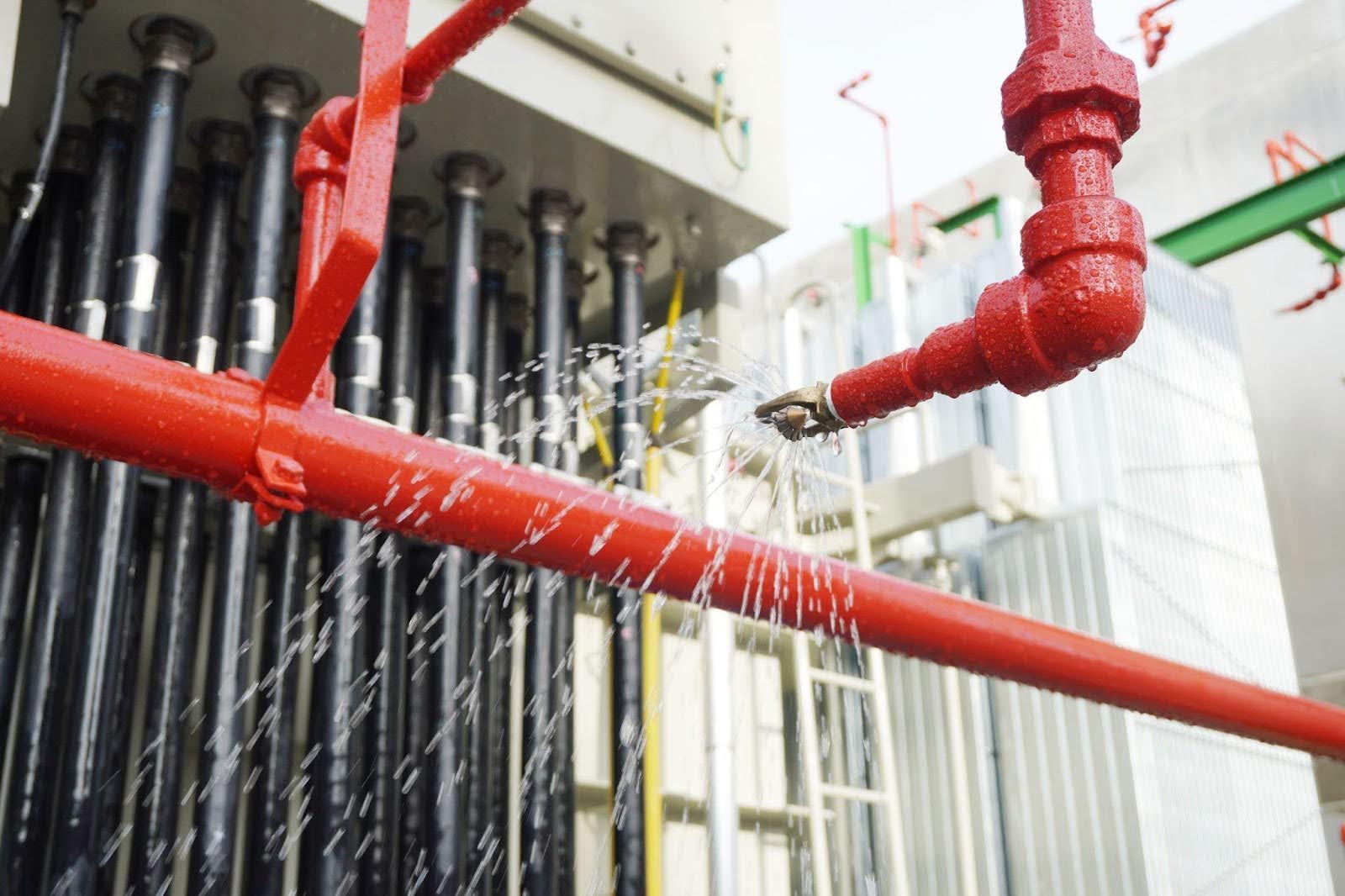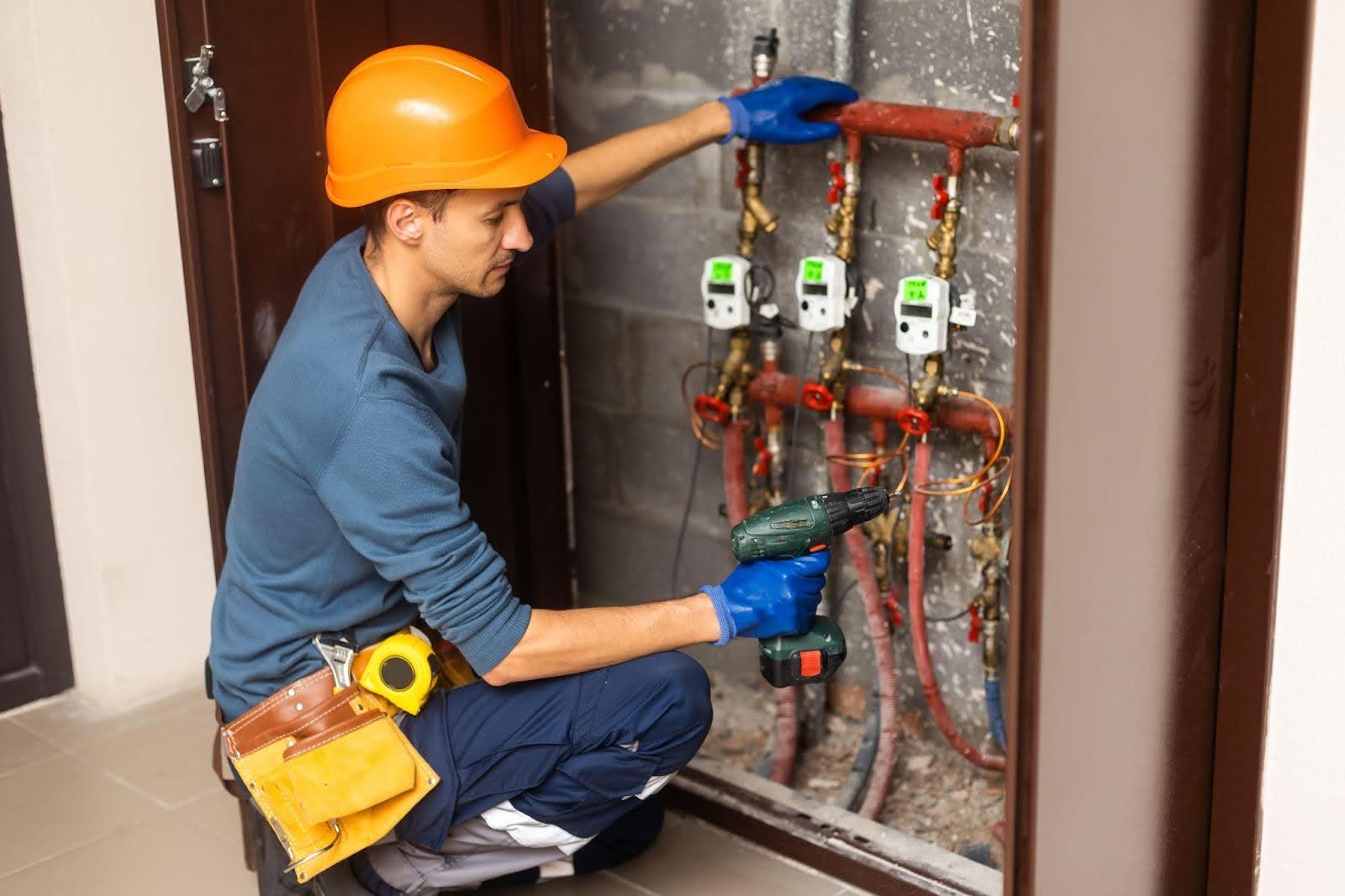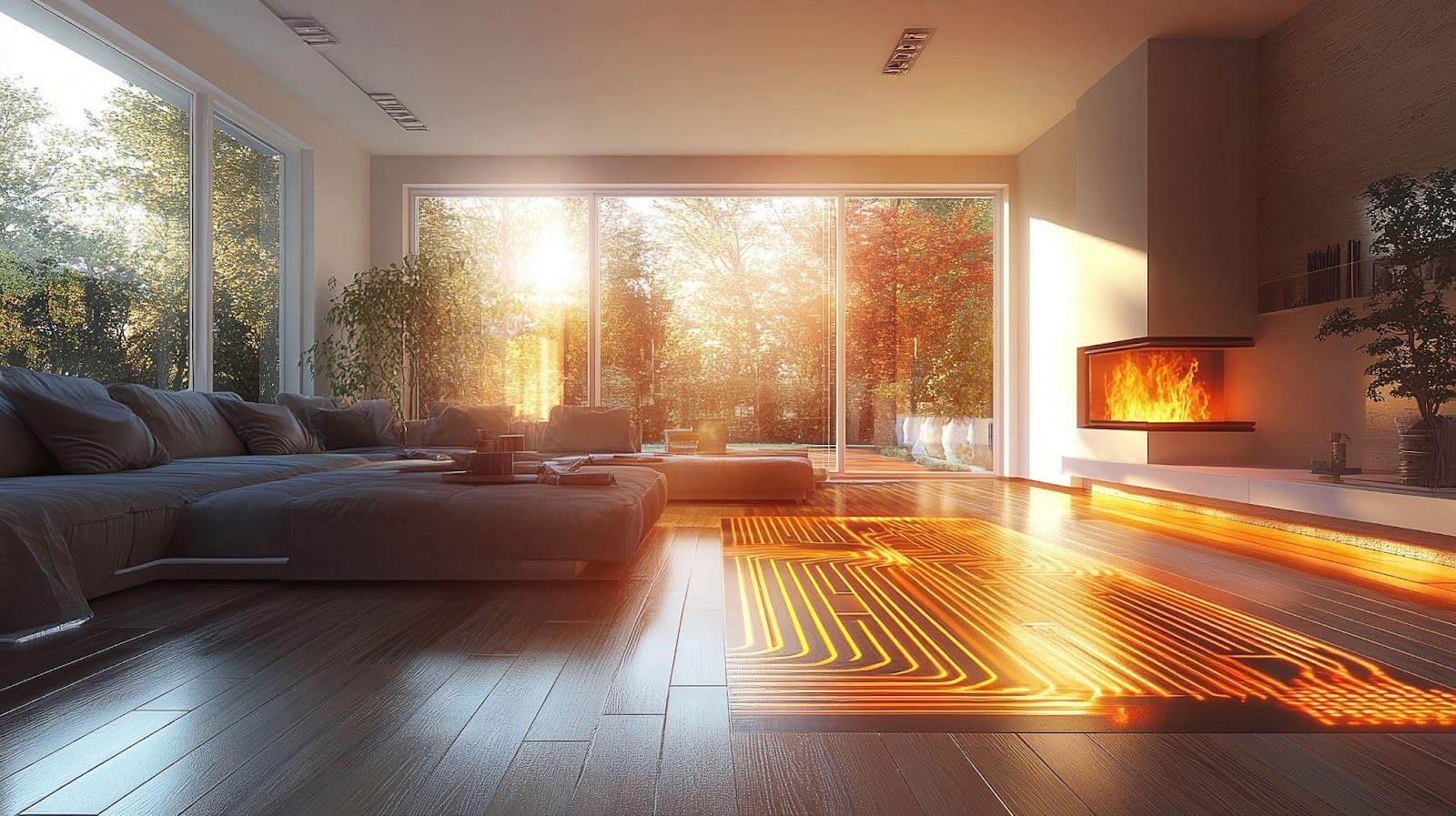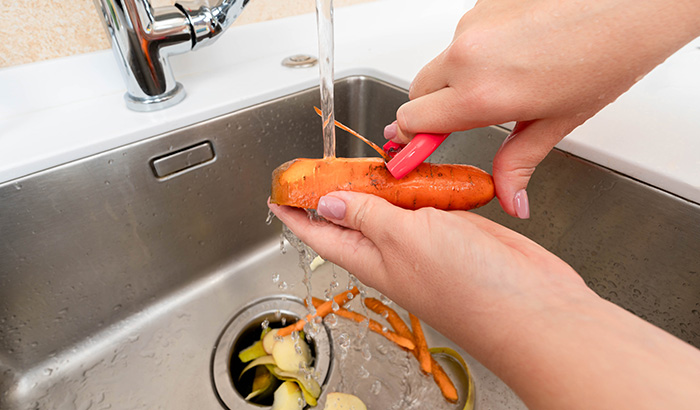Understanding the nuances of commercial plumbing systems is critical for anyone involved with the maintenance, operation, or construction of commercial buildings. Unlike residential plumbing systems tailored to single-family homes or smaller-scale properties, commercial plumbing caters to the needs of businesses, office buildings, and large-scale commercial properties.
These systems handle increased demand, more stringent codes, and complex layouts, making them vastly different and often more complicated than their residential counterparts.
The importance of commercial plumbing systems cannot be overstated. They serve a critical role in ensuring the health and safety of the inhabitants or users of commercial buildings. Properly functioning plumbing systems prevent waterborne diseases and contribute to the overall sanitary conditions of the workplace or public spaces.
Beyond health concerns, well-maintained plumbing systems significantly influence a building’s operational efficiency.
Issues such as leaks, clogged drains, or inadequate water pressure can lead to disruptions in the daily operations of a business. Regular maintenance prevents unexpected downtime and costly repairs, highlighting the importance of involving professional commercial plumbers for preventative measures, routine check-ups, and swift resolution of any identified issues.
Commercial plumbing systems are an integral part of the functionality and safety of any commercial property, and due attention to their design, installation, and upkeep is essential for a successful commercial operation.
Common commercial plumbing issues
Commercial properties often contend with various plumbing challenges due to heavy usage and complex systems. Common issues include:
Clogged drains and toilets
Frequent in high-traffic areas like public restrooms, clogs disrupt operations and demand prompt resolution.
Leaky faucets and toilets
These issues significantly increase water bills and waste water if not quickly addressed.
Silent leaks
Hidden leaks may cause unnoticed damage, potentially leading to serious structural issues.
Water heater issues
Problems with water heaters, such as inconsistent temperatures or inadequate hot water supply, interrupt business, particularly in the hospitality industry.
Water pressure problems
Incorrect water pressure impairs the function of appliances and fixtures.
Sewer smells
Foul odors may indicate blocked vent pipes or sewer lines, requiring immediate attention to maintain hygiene.
Backflow issues
When wastewater contaminates the clean water supply, it poses severe health risks and must be corrected swiftly.
Pipe corrosion and breakages
Common in older buildings, these issues often lead to leaks and a compromised water supply.
The root causes of these issues often stem from excessive use, inadequate maintenance, aging infrastructure, inferior repairs, environmental factors, or installation errors. Understanding these common problems and their origins helps commercial property owners and managers quickly identify and address plumbing issues efficiently.
Other specific challenges include:
- Drainage system failures: Facilities like commercial kitchens and laundromats may face blockages due to accumulated grease and foreign objects.
- Fixture and appliance malfunctions: Many commercial appliances require water connections, and their malfunctions can halt business operations.
- Pipe issues: Burst pipes, corrosion, and frozen pipes can disrupt the water supply and cause property damage.
- Commercial water heaters: Issues such as scale build-up, pilot light failures, or thermostat problems can lead to inconsistent hot water availability.
- Gas plumbing problems: Buildings using gas for heating or cooking might encounter leaks or connection issues.
- Sanitary and sewer problems: Backups and overflows present unpleasant conditions and health hazards.
This table summarizes common issues and their potential causes; it’s an efficient way for commercial property owners and managers to pinpoint problems and seek appropriate solutions quickly.
| Common Plumbing Issue | Potential Cause |
| Clogged Drains | Excessive Use, Improper Items Disposed |
| Leaky Fixtures | Aging Components, Inferior Installation |
| Water Pressure Problems | Aging Plumbing, Malfunctioning Pressure Regulators |
| Sewer Odors | Blocked Vent Pipes, Sewer Line Issues |
| Hot Water Inconsistencies | Heater Scale Buildup, Component Failure |
| Silent Leaks | Corrosion, Inferior Repairs |
For all these issues, it’s crucial to engage the expertise of professional commercial plumbers who specialize in larger-scale, more complex systems and are able to ensure proper functionality in a commercial environment.
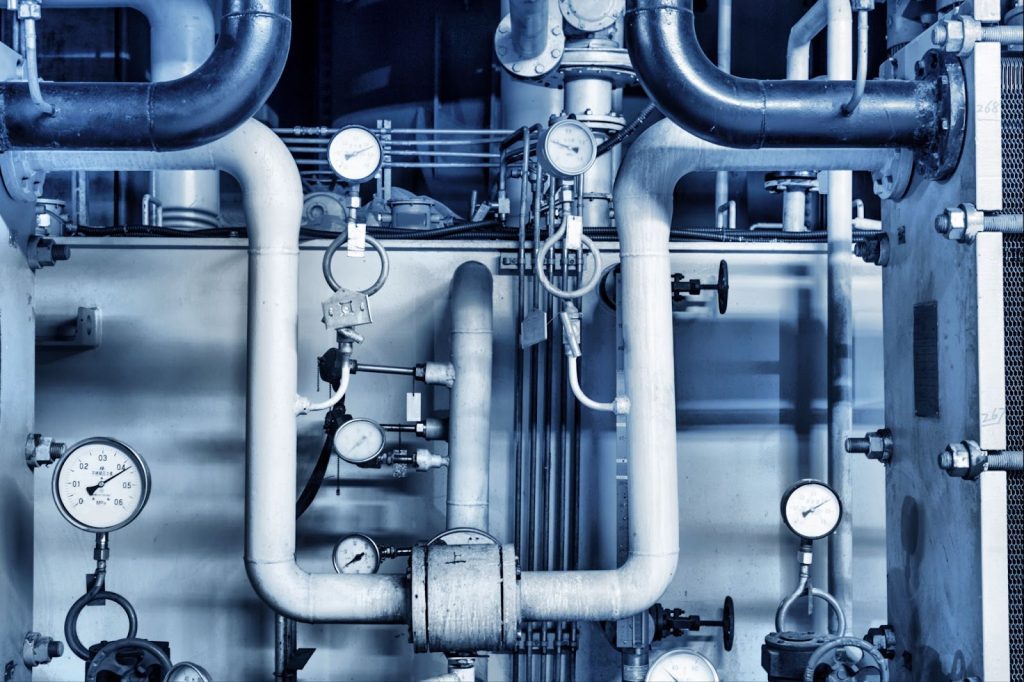
Importance of regular maintenance for commercial plumbing systems
Maintaining commercial plumbing systems is crucial for the smooth operation of office buildings, shopping centers, and schools to ensure the plumbing infrastructure performs reliably and efficiently. Regular maintenance checks extend the lifespan of plumbing components and help prevent unexpected breakdowns that could disrupt business and lead to costly repairs.
Routine servicing identifies minor issues before they escalate, promoting cost savings by averting major complications and reducing water bills through the early detection of leaks. Well-maintained systems ensure consistent water pressure, adequate hot water supply, and compliance with health and safety regulations, preventing problems such as sewer backups and water contamination.
Adherence to local codes and regulations through regular plumbing checks protects businesses from potential fines and legal issues. The benefits of such proactive maintenance include enhanced performance of plumbing systems, extended hardware lifespan, and overall improved sanitary conditions within the facility.
Recommended maintenance schedule
To maintain optimal performance and compliance, your maintenance schedule should include detailed inspections and care of several key components of your plumbing system:
Faucets and toilets
Frequent inspections are necessary to check for leaks, drips, or running toilets that not only waste water but can also significantly increase your utility bills. Replace worn-out parts like washers and gaskets promptly to keep everything in top working order.
Water heaters
These should be inspected at least annually to ensure they are functioning efficiently. This includes checking for sediment build-up, inspecting the anode rod for corrosion, and testing temperature-pressure relief valves to prevent overheating and high pressure. Regular flushing of the tank to remove sediment can also improve efficiency and prolong the unit’s lifespan.
Backflow prevention devices
Critical for preventing contamination of your clean water supply, backflow devices must be checked annually to ensure they function correctly. This keeps your water safe and is typically a legal requirement.
Drains and sewer lines
Regular cleaning and inspecting drains and sewer lines can prevent blockages and backups. Consider scheduling professional drain cleaning services annually or semi-annually, depending on the volume of usage and the nature of the waste being processed.
Pipes and joints
Check for signs of corrosion, leaks, or damage, especially in older systems. Pipes in areas susceptible to freezing should be inspected before winter to ensure they are properly insulated.
Pressure regulators
Since water pressure can fluctuate, it’s important to check pressure regulators periodically to ensure the water pressure is within a safe range, preventing pipe damage and leaks.
Hiring a professional commercial plumber
A skilled commercial plumber brings the necessary expertise to handle the complex systems found in structures like office buildings, shopping centers, and industrial complexes.
When choosing a commercial plumber, it’s crucial to opt for a professional with technical expertise, a reliable track record, and an understanding of commercial plumbing specifics. Ensure the plumber or plumbing company is licensed and insured, complying with industry safety standards to guarantee reliable and lawful operations.
Residential plumbers might be adept at handling single-family homes, but commercial plumbers specialize in the needs of larger businesses and have the equipment and experience to manage the scale and specifics of commercial plumbing effectively.
Qualities to look for in a commercial plumbing contractor
A good commercial plumber should have extensive experience in commercial settings and be well-versed in managing similar projects to yours. Check their reputation through reviews, testimonials, or referrals, and make sure they are fully licensed and insured to protect your business during plumbing work.
It’s also beneficial if they offer 24/7 emergency services to handle unexpected problems outside regular business hours. Effective communication, resourcefulness, and a proactive approach to maintenance are also key qualities that ensure a plumber can efficiently meet a commercial property’s demands.
Types of commercial plumbing services
Commercial plumbing services offer a comprehensive suite of solutions tailored to meet the diverse and often demanding requirements of various business sectors. These services ensure that larger and more complex plumbing systems operate efficiently, safely, and comply with all applicable regulations.
Routine maintenance and emergency repairs
Routine maintenance in commercial plumbing is crucial for preventing minor issues from becoming major disruptions. Regular tasks include system inspections, pressure tests to detect leaks, and assessments of plumbing hardware.
In contrast, emergency repairs tackle sudden issues like burst pipes, significant leaks, or system backups that need immediate resolution to minimize damage and quickly restore functionality.
Leak detection and repair
Plumbers use advanced techniques like acoustic sensors or infrared thermography to identify hidden leaks without invasive methods. Prompt repairs following detection conserve water and reduce costs, minimizing the environmental impact.
Drain cleaning
Professional cleaning services use hydrojetting to remove tough buildups of grease, soap, and other debris, ensuring drains and sewers flow freely.
Installation and repair of fixtures
Commercial environments need proper installation and regular repair of fixtures like industrial sinks, commercial toilets, and specialized faucets to ensure optimal functionality and prevent leaks and malfunctions. Routine maintenance and upgrades also help conserve water and reduce utility costs.
Water heater services
Water heaters in commercial settings face higher demands than residential units. Services include repairing and replacing faulty components, flushing systems to eliminate sediment buildup, and adjusting for energy efficiency and reliable hot water supply.
Sewer line maintenance
This service is vital for avoiding health hazards and maintaining sanitary conditions within commercial facilities.
Specialized services
- Grease trap interception: Crucial for restaurants and food processors, grease traps keep fats, oils, and grease from clogging the wastewater system.
- Medical gas plumbing: Healthcare facilities need specialized plumbing to deliver medical gases safely for various treatments.
- Large-scale water supply system management: Hotels, hospitals, and large office buildings require robust systems to handle high demands for clean water.
- Industrial piping and repairs: Industrial facilities require specialized piping systems that require specific maintenance and repair materials and techniques.
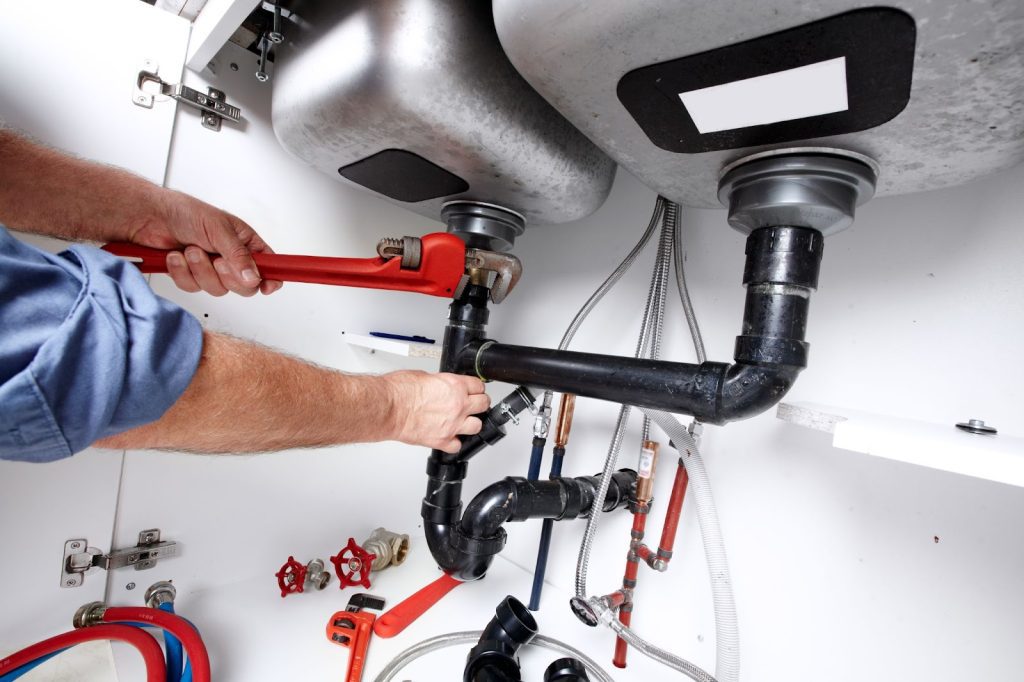
Salisbury Plumbing: Your commercial plumbing experts
From routine maintenance to emergency repairs and specialized services, the right plumbing solutions prevent disruptions, save costs, and maintain compliance with regulatory standards. If you’re looking for reliable and expert commercial plumbing services, Salisbury Plumbing is an excellent choice.
Reach out to Salisbury Plumbing today to secure a partnership that prioritizes the functionality and longevity of your commercial plumbing infrastructure.
toto slot

